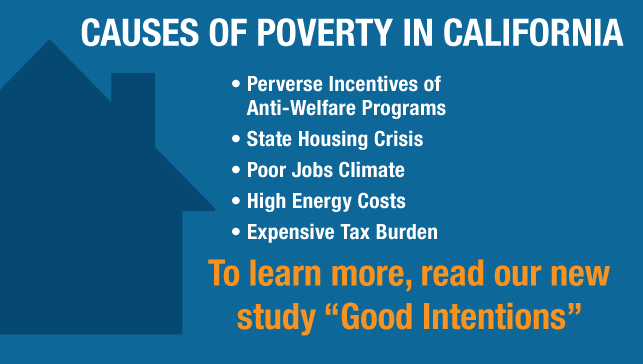No one should wonder why executives keep saying California is the worst state to do business in. Too many politicians see businesses as nothing more than vessels available to be drained of their substance for the funding of foolish ideas. The most recent proposal among some Silicon Valley politicians is to tax large employers “to offset growing inequality and overcrowding they blame on the industry that turned them into boomtowns,” reports Bloomberg News.
“Google has billions of dollars in cash floating around,” says Mountain View Mayor Lenny Siegel. Google, which is headquartered in the city, “made billions off the tax bill. They can afford to spend a little more here.”
Siegel should know better. Mayors should not be concerned about how much money, if any at all, Google or any other company has “floating around”? Those “billions” are still owned by the company and are not unclaimed treasure to be expropriated simply because that company has not yet decided what it will do with its money.
Google didn’t make “billions off the tax deal” as Mayor Siegel contends. The Trump tax cuts have simply allowed companies to keep more of what they earned and have less seized by Washington.
Finally, all who want to plunder private companies for their political benefit must remember, that in implementing punishing tax regimes, they run a real risk of losing the companies that have made their burgs the bustling hubs of prosperity that they have become.
“There’s always the threat,” the Bloomberg reporter correctly notes, “that tech companies will expand elsewhere.”
While Mountain View lusts after Google’s money, Cupertino is hoping its residents will vote in November to raid Apple, and Palo Alto wants its residents to hike taxes on real estate transactions and hotel rooms. To the north, a coalition of San Francisco “non-profits is spearheading an effort to tax the city’s corporate giants to help house the city’s poor. The proposed tax would charge companies 0.5 percent on earnings of more than $50 million,” says Bloomberg.
These groups will find that rather than housing the homeless, the tax will drive businesses subject to the tax, and maybe others, out of town.
Seattle is already getting a taste of the damage such a tax will inflict. According to CNN, “business leaders from 131 Seattle-based companies have signed a letter voicing their objections” to the city’s new employee tax that will allegedly resolve homelessness. These executives, co-founders and CEOS from both small and large companies, say that the message the tax “sends to every business” is: “If you are investing in growth, if you create too many jobs in Seattle, you will be punished.”
“Sending this message to entrepreneurs, investors and job creators will cause far greater damage to Seattle’s growth prospects than the direct impact on the businesses being taxed.”
Too often, in fact in nearly every instance, politicians try to tax their way out of both real and perceived problems. Will they ever learn that their tax schemes have never worked out the way the promised they would? If they don’t, one day they’ll find there aren’t enough healthy businesses left in California to continue to fund their welfare-state programs.
Kerry Jackson is a fellow with the Center for California Reform at the Pacific Research Institute.

